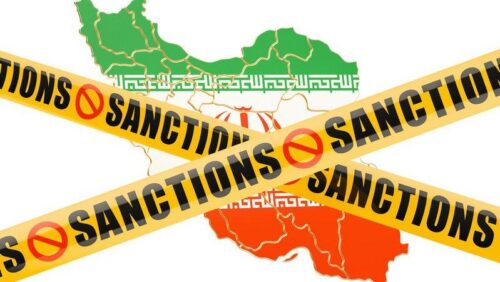
Who will succeed Pope Francis? Conclave to convene in coming weeks to elect new pontiff
Pope Francis died at the age of 88 on Easter Monday, meaning a conclave will soon be convened to choose a new leader of the Catholic Church. Who could become the next Pope, Politico has predicted.
As noted, proceedings are expected to begin two to three weeks after the pope’s funeral, when the College of Cardinals will gather in the Vatican’s Sistine Chapel to launch the highly secretive process of electing a new pope. In theory, any baptized male Roman Catholic is eligible for the papacy, but for the past 700 years, the pope has always been chosen from among the cardinals.
Picking a winner in advance is not easy. During the last conclave in 2013, Cardinal Jorge Bergoglio was far from a favorite to succeed Pope Benedict XVI. Yet he became Pope Francis after 24 hours and five rounds of voting.
Bookmakers and Vatican watchers had already begun speculating about potential successors as the pontiff’s health declined.
The next pontiff will inherit a deeply divided Church, grappling with ideological tensions over issues such as LGBTQ+ inclusion and clerical abuse, while also navigating a rapidly shifting geopolitical landscape, riven by territorial and cultural conflict.
As noted, out of 266 popes, 217 have hailed from Italy — but the last three have come from outside the Vatican’s backyard.
Italian Cardinal Pietro Parolin, 70, the Vatican’s secretary of state and Francis’ No. 2 since 2013, might be seen as the natural successor to Francis. Parolin, as one of Francis’s close circle of cardinal advisors, was tasked with carrying out the pope’s reforms, and has been a driving force in diplomacy.
He has played a crucial role in reestablishing relations between the Holy See and China, and signing an agreement to appoint Chinese bishops jointly with Beijing. A moderate, seen as progressive by his critics, he assumed an outsized role during the Pope’s illness, leading the prayer session for his recovery, which was seen by some as an unseemly campaign bid.
Parolin is, however, seen as overly bureaucratic and lacking the charisma and common touch of the late pope.
Another Italian possibility is Cardinal Pierbattista Pizzaballa, from Lombardy, who is Latin Patriarch of Jerusalem. Pizzaballa — who has lived in the Holy Land for more than three decades, speaks Hebrew and has admitted that he talks to Hamas “by necessity” — is an authority in the Middle East, which could be an advantage.
Still, he is somewhat young to be pope, as cardinals are reluctant to elect a leader who is likely to stick around for several decades.
If the College of Cardinals opts again for a non-European, Philippine Cardinal Luis Tagle may be a frontrunner. The 67-year-old former Archbishop of Manila shares Francis’s focus on social justice and the fight against poverty. He was a vocal critic of the extrajudicial killings that took place in his country under former President Rodrigo Duterte, during which several thousands died.
The Church could also make history if it elects its first African pope in the modern era. Cardinal Peter Turkson of Ghana, once considered a favorite during the 2013 conclave, is again being discussed.
In a 2013 interview he suggested child sexual abuse was less prevalent in Africa due to traditional cultural protections. A year earlier he apologized for showing a video warning of Islam’s spread in Europe during a Synod of Bishops.
Francis significantly shifted the geographical balance of the College of Cardinals by appointing more cardinals from poorer regions historically underrepresented in the Church’s highest echelons, which could have an important role in the selection process for the next pope.


